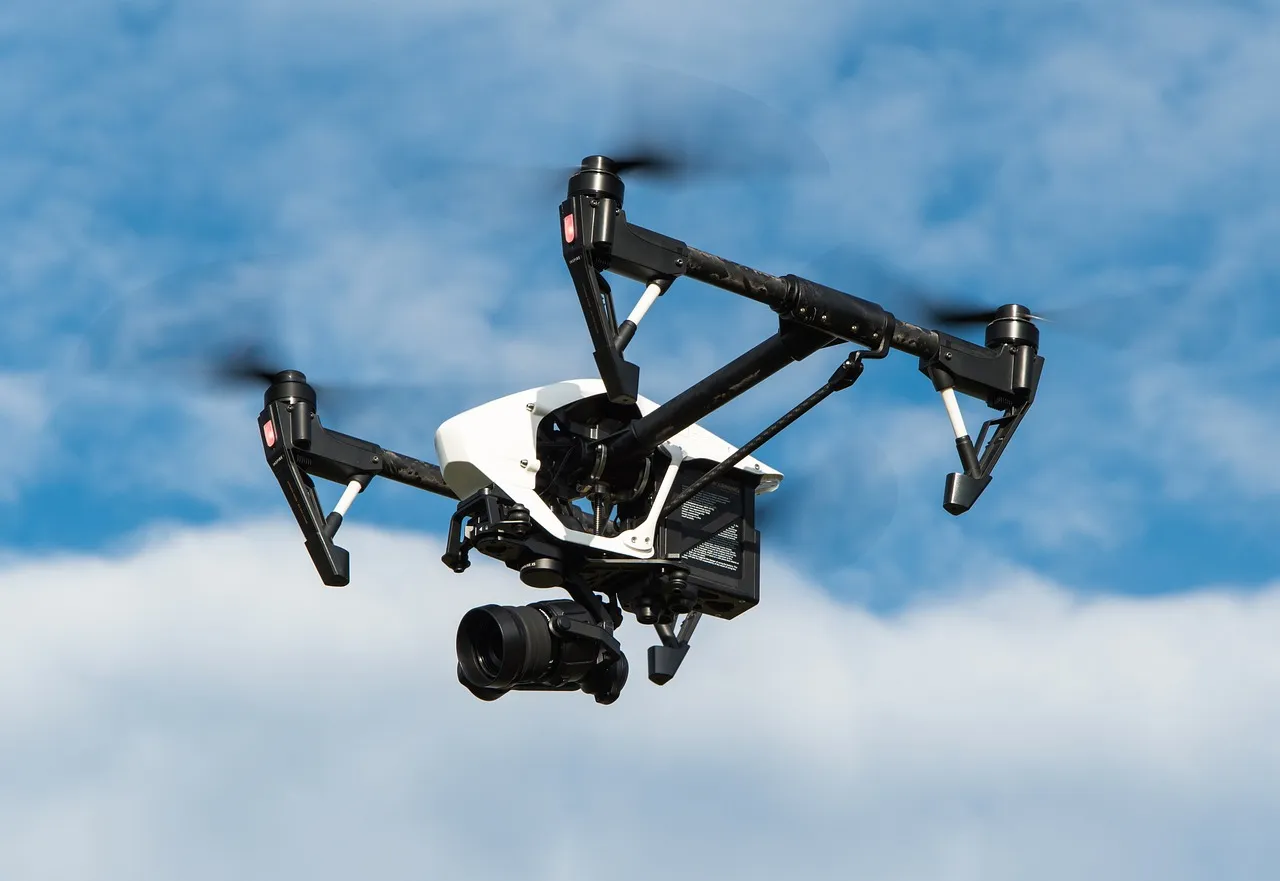Unleashing the Skies: How Drones Are Revolutionizing Public Safety in America
In the rapidly evolving landscape of emergency response and public safety, unmanned aerial vehicles (UAVs) are transforming how first responders approach critical situations. Drones have emerged as a game-changing technology, offering unprecedented capabilities that are reshaping emergency management across the United States.
The Drone Revolution in Public Safety
Modern drones are no longer just high-tech gadgets; they have become critical tools for law enforcement, firefighters, and emergency medical services. Chief John Martinez of the National Public Safety Drone Association notes, “These aerial platforms are revolutionizing how we respond to emergencies, providing capabilities that were unimaginable just a decade ago.”
Key Advantages of Drone Technology
The benefits of drone technology in public safety are numerous and compelling:
- Enhanced Situational Awareness
- Rapid Response Capabilities
- Cost-Effective Solutions
- Increased Responder Safety
- Advanced Monitoring Technologies
Real-World Applications
Search and Rescue Operations
In challenging terrain and disaster scenarios, drones have proven to be lifesavers. For instance, during the devastating California wildfires of recent years, drone technology has enabled rescue teams to:
- Locate missing individuals
- Assess fire spread in real-time
- Identify safe evacuation routes
- Monitor dangerous areas without risking human lives
Law Enforcement and Crime Scene Investigation
Police departments nationwide are integrating drone technology into their operational strategies. These aerial units provide unprecedented advantages in:
- Documenting crime scenes
- Tracking suspects
- Conducting aerial surveillance
- Assessing potentially dangerous situations
Technological Innovations
Modern public safety drones are equipped with cutting-edge technologies:
- Thermal imaging cameras
- High-resolution video streaming
- Advanced GPS tracking
- Real-time communication systems
“Drones are not replacing human responders; they’re empowering them with critical information and capabilities,” explains Dr. Sarah Reynolds, a leading expert in emergency technology.
Challenges and Considerations
Despite their remarkable potential, drone deployment in public safety isn’t without challenges. Privacy concerns, regulatory restrictions, and technical limitations remain significant considerations for widespread adoption.
Privacy and Ethical Considerations
Agencies must balance technological capabilities with:
1. Respect for individual privacy
2. Adherence to legal guidelines
3. Transparent operational protocols
4. Responsible data management
Economic and Operational Impact
The economic benefits are substantial. Compared to traditional aerial surveillance methods like helicopters, drones offer:
- Significantly lower operational costs
- Reduced maintenance expenses
- Faster deployment
- Minimal personnel requirements
Future Outlook
As technology continues to advance, the role of drones in public safety is expected to expand dramatically. Emerging technologies like artificial intelligence and improved sensor systems will further enhance their capabilities.
Projected Developments
- Advanced predictive analytics
- More sophisticated emergency response algorithms
- Enhanced communication integration
- Improved battery and flight duration technologies
Conclusion
Drones are not just transforming public safety—they are redefining how we approach emergency response, disaster management, and community protection. As technology continues to evolve, these remarkable aerial platforms will undoubtedly play an increasingly crucial role in safeguarding American communities.
Disclaimer: This article is based on current technological trends and expert insights, highlighting the potential of drone technology in public safety contexts.
Written by AI Journalist, Compiled from Multiple Public Safety and Technology Sources






Leave a Comment